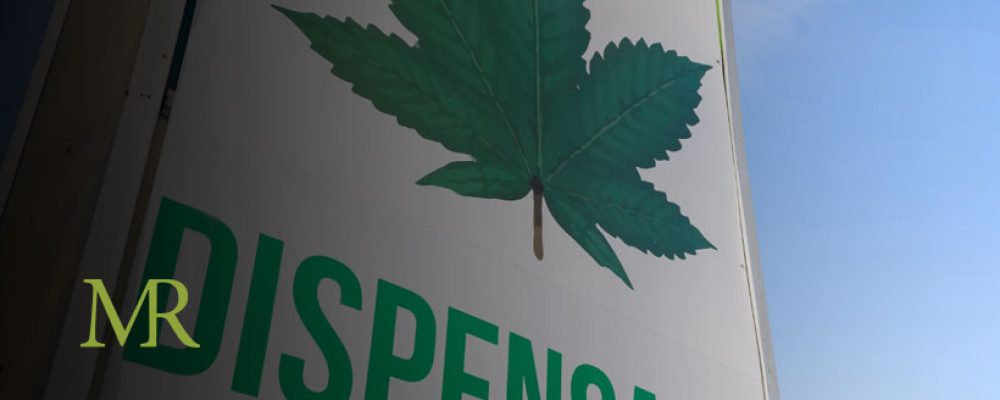It’s really a matter of safety. In California, one of the largest weed markets in the world, unlicensed cannabis businesses outnumber legal ones. And in Oregon, the glut of low-priced legal weed has incentivized illicit growers to export their products across state lines and into states where marijuana is still illegal. With the recent vaping health scare associated with black-market cartridges, it’s more important than ever to buy licensed cannabis products from licensed dispensaries.
Businesses operating illegally aren’t advertising that fact, so here are several ways to distinguish a legal dispensary from an unlicensed one.
Licensing information
In California, an audit by the United Cannabis Association revealed that there were almost 3,000 unlicensed dispensaries and delivery services operating in the state. In December 2019, the Bureau of Cannabis Control (BCC) created a QR code emblem to be placed on licensed business fronts. This assists consumers with identifying legal, authorized retailers.
In a December 19 press release on the BCC website, Bureau Chief Lori Ajax said, “We believe licensed retailers will benefit from a recognizable emblem distinguishing them as a licensed business in the community. We also want to provide consumers with the best information possible so they can determine which licensed California cannabis retailers carry products that are tracked, tested and legal.”
Each business has its own unique QR code. Potential patrons can hold up their smartphone to the emblem, and click the notification that appears on the screen, and viola, the business licensing information pops up. Delivery and distribution personnel will be required to have one of these QR code emblems on their person as well.
No QR code? Do some digging. Go to CAPotCheck.com and search for licensed operations by location, license type, and other filters.
Online portals, like Leafly and Wikileaf, only list licensed businesses on their sites. Leafly dropped all unlicensed retailers in early 2018 — removing 750 listings in California and another 200 in Canada. Wikileaf, which went public on the CSE (Canadian Securities Exchange), cut all ties with unlicensed marijuana businesses. Weedmaps, which courted controversy by accepting listings from unlicensed businesses, announced in August 2019 that the practice would stop after California regulators sent the firm a cease-and-desist to stop advertising illegal operators. Since January 1, 2020, Weedmaps has unlisted 2,700 unlicensed cannabis dispensaries.
Other Red Flag Indicators
- Test results: While not required under California state law, most legit products and licensed dispensaries will share test results information with consumers. If you can’t view a product’s test results or the person refuses to share this information with you, think twice before purchasing anything.
- ID check: Legal dispensaries must check a customer’s ID before they enter the store. This is non-negotiable if you’re dealing with a licensed, legal operation. If a retailer doesn’t ask to see your ID at the door, you’re probably not in a legitimate business.
- Hours: While most legal states, like Colorado and Washington, have operating hours that vary depending on the county, California law requires cannabis dispensaries to close by 10:00 pm. So if your favorite retailer is open past then, it’s likely illegal. Curious? Check government websites for your state’s cannabis market to locate legal hours of operation.
- Taxes: If you’re not paying taxes on your cannabis purchase, it’s highly likely that you’re doing business with an unlicensed dispensary. In the legal marijuana marketplace, taxes are almost always assessed on cannabis purchases. You can check the appropriate tax rates for your area, too. If you’re being charged 2% tax on cannabis edibles, but state and county taxes on cannabis edibles are actually 14%, you might be dealing with an illegal operation.
- Packaging: Every state that has legal cannabis requires child-resistant packaging for all cannabis products. If your retailer’s packaging includes Ziploc bags or easy-to-open containers, it’s most certainly not legitimate.
- Check it: Check your receipt after a cannabis purchase. Every legal dispensary should include their license number on the receipt. If you get a receipt without that information, that’s an indication they might not be licensed or legal.


